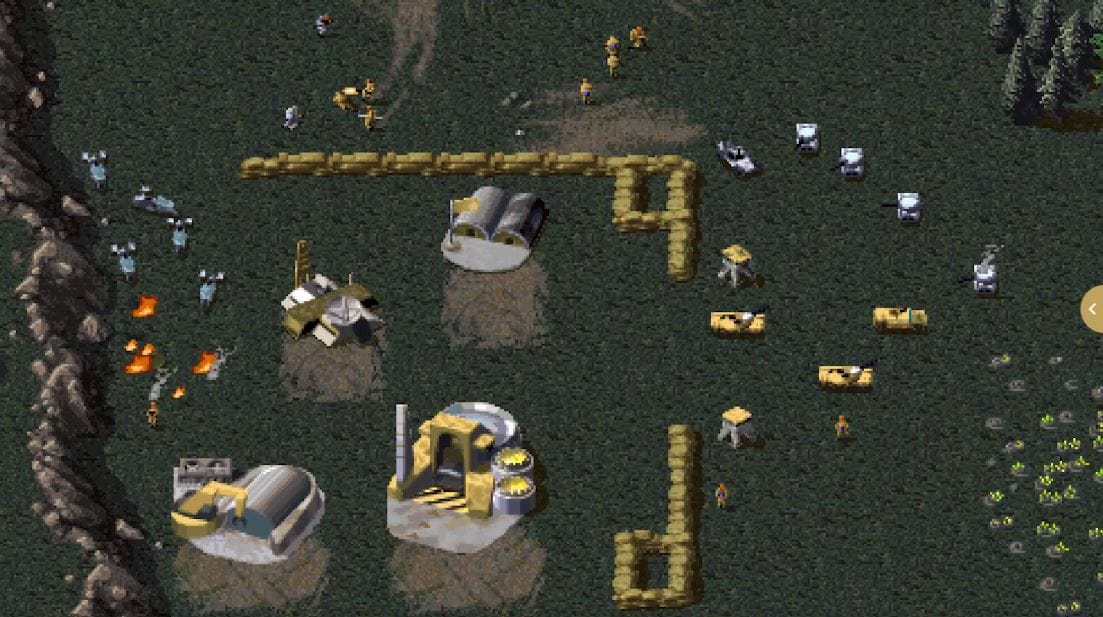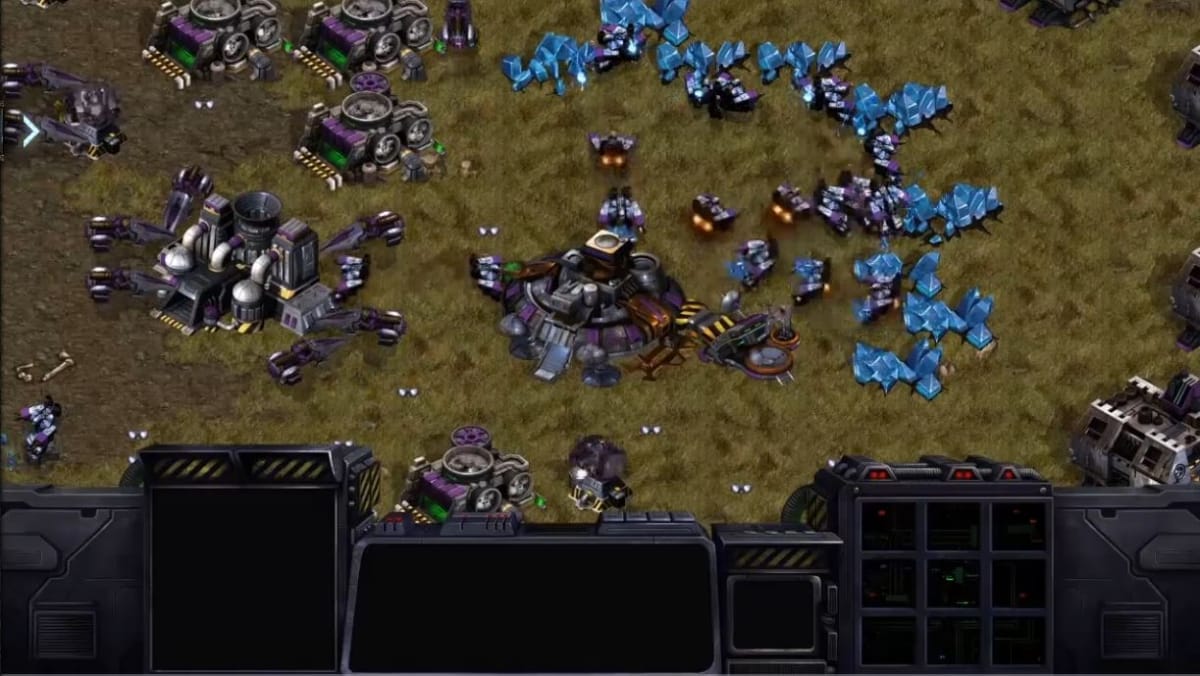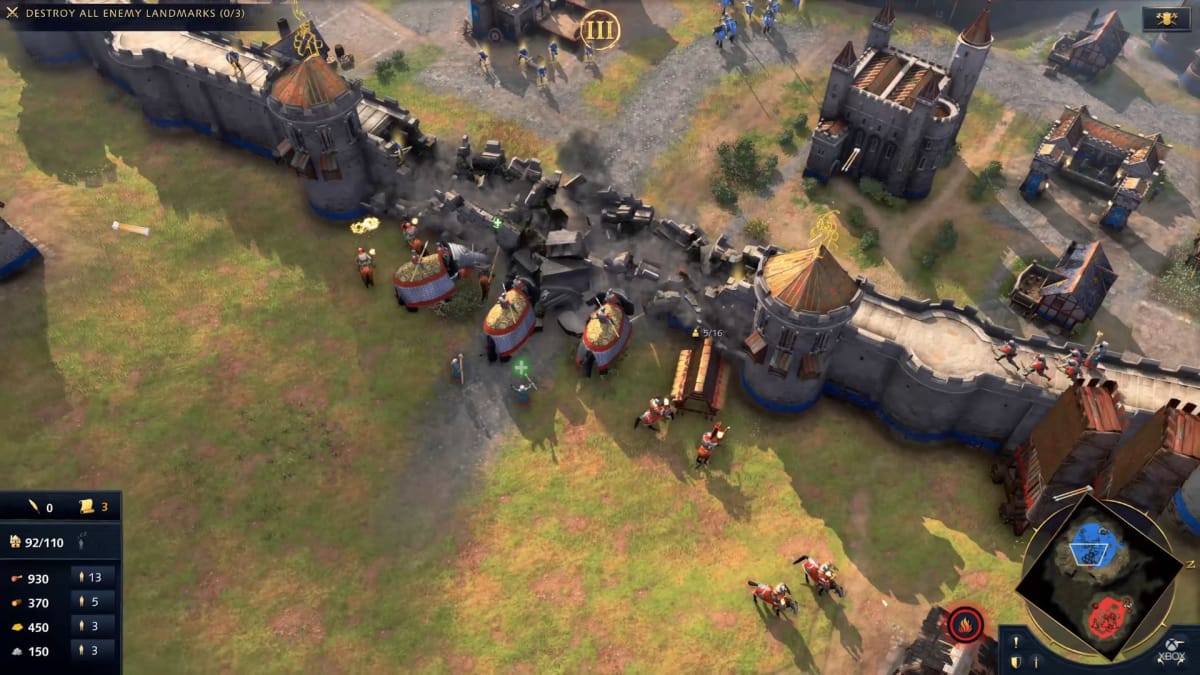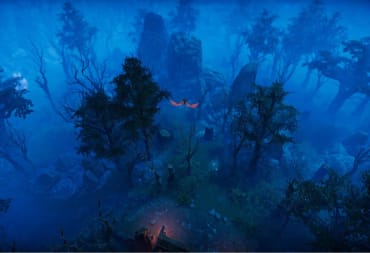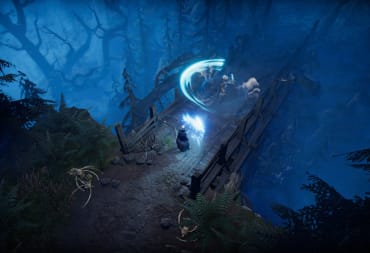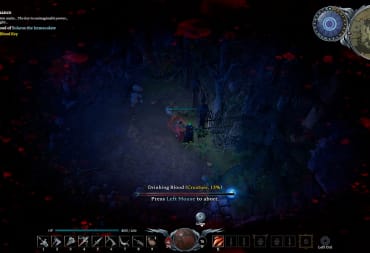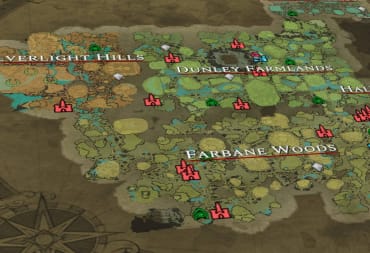Throughout the '90s, there was a genre that seemed to be synonymous with PC gaming: real-time strategy. In a decade when many people around the world were securing home PCs for the first time, gamers began setting their sights on their keyboards and mice for gaming purposes. To take advantage of these specific controls, developers began churning out RTS games that would go on to be cult classics. But what does the age of RTS gaming look like now? There are a few notable titles (and we’ll get to those), but the genre doesn’t get the same exposure that it did in its heyday. Have we really passed the point where companies are willing to gamble on developing an RTS title? To answer this question, we have to go back to the start…
RTS Had Humble Beginnings
Though there are examples of RTS games dating back to the '80s, most people will remember the '90s as a time when developers like Westwood Studios and Blizzard Entertainment were creating RTS titles that still hold up today. Though Westwood Studios would eventually close after being purchased by EA, it holds the distinction of creating some of the most-loved RTS games in the genre. Their debut in RTS was with Dune II in 1992, a game which would sell hundreds of thousands of copies throughout the '90s and still has a following even today, with the game being ported to Android as recently as 2013. Toward the end of development of this early RTS title, Westwood Studios began forming concepts for what would go on to become one of the most recognizable names in RTS and help create a loyal fan base that would keep RTS games alive throughout the rest of the decade and into the 2000s.
Command & Conquer Created a Gold Standard
In 1995, Westwood Studios released Command & Conquer, a game that become so popular it spawned many sequels and spinoffs. Whether you remember playing Red Alert (1996), Red Alert 2 (2000), Command & Conquer: Generals (2003), or any other title in the Command & Conquer universe, you’re sure to remember how versatile and fast-paced these games could be. Factor in the infinite possibilities of online play, and you have an entire generation who grew up commanding armies and forming alliances from the comfort of their computer rooms (which was a thing in the '90s, if you remember…).
The allure of real-time strategy can be found in the name itself, that actions and reactions would take place in real time. Leaving turn-based action by the wayside, you could command squadrons of tanks, soldiers, aircraft, and more as you balanced resources and built up your base. You could defend a small area or take over the entire map, garrison buildings, or attack from afar with super weapons. The choice was yours. With every iteration, the games added more units, more maps, and more complication to make mastery that much more difficult but satisfying. Whether you played these games or not, there’s still a huge market available for the Command & Conquer series, from fan-run servers to the 2020 remaster of Command & Conquer. These games helped spur a trend that would keep RTS inspiration going into the new millennium.
The Success of RTS Into the New Millennium
After Westwood Studios had success with their Command & Conquer franchise, Ensemble Studios released Age of Empires in 1997, a series that will finally be getting a new game later this year after a drought of over a decade. Like Westwood Studios, Ensemble Studios was eventually acquired by a larger company (in this case, Microsoft) and the Age of Empires franchise today is published by Xbox Game Studios. The popularity of Age of Empires has helped keep interest in RTS alive, alongside other popular RTS titles like Blizzard’s StarCraft.
Where Command & Conquer and Age of Empires keep things relatively grounded, StarCraft is set firmly in the future and also in outer space. StarCraft quickly made a name for itself in the RTS setting, with players quickly getting a feel for the three playable factions: Terrans, Protoss, and Zerg. Though StarCraft would continue to see sequels and releases through the 2000s, and more recently a remastered release of the original game, it’s not a name that we typically see when it comes to discussing modern-day RTS titles. There are those out there, however, who still hold out hope that a StarCraft 3 could be in the works someday. Only time will tell.
What Does the Future of RTS Look Like?
In the modern day, RTS looks very different from what it once did. Series like Age of Empires seem to be the exception rather than the rule, with Microsoft planning on releasing Age of Empires IV later this year. New PCs can handle sprawling armies in gorgeous 4K, but instead of investing in newer titles, it seems likely that studios will instead remake games that already have a following (a trend not unique to RTS, in fairness). The remastered collection of Command & Conquer might eventually lead to games like Red Alert 2 and Generals getting the same treatment, but nothing is set in stone.
As GPU technology advanced and gamers traded in their old monitors for curved flatscreens with high refresh rates, attention began to shift toward first-person shooter and action-adventure genres. Part of this is likely that there are just far more gamers on PC today than there were 25 years ago, and so diversity in games has been ramped up to meet that expanding audience. At some point, what we know as real-time strategy eventually evolved into real-time tactics, which puts less of a focus on resource management and base building in favor of, you guessed it, tactics.
Real-time tactics games like Total War put you in command of immense armies while strategizing around massive battles. Resource management has been transitioned into the battles themselves, making for a faster-paced game that has attracted tens of millions of gamers around the world. Still, RTS and RTT have found a difficult time competing with other genres. FPS, MOBA, and action-adventure games still reign supreme, with studios investing in motion-capture technology and ray-tracing techniques to make more immersive environments. Even with these trends, it’s unlikely that the 2020s will spell the end of RTS. On the contrary, the genre has enough diehard fans from decades past that these games should continue to sell relatively well, at least for a while. The real question is how many gamers picking up their first video game in 2021 are going to become enticed by an RTS or RTT? And how many new games in these genres can we really expect, or will the future be dominated by sequels and remakes of existing franchises?
As a self-proclaimed RTS enthusiast, I don’t want the genre to go away, and I don’t think it ever truly will. But it’s doubtful we’ll return to a time where multiple studios were competing with each other for the next great RTS title. What are some of your favorite RTS games? What kind of stories would you like to see this genre tackle in the coming decade? Let us know in the comments!
Have a tip, or want to point out something we missed? Leave a Comment or e-mail us at tips@techraptor.net
